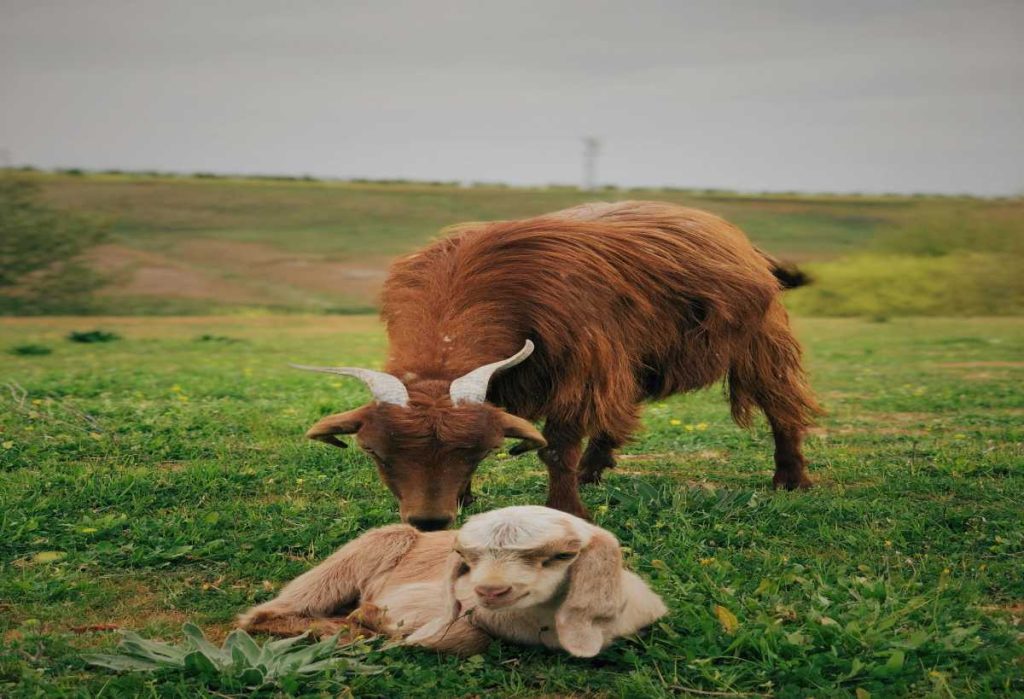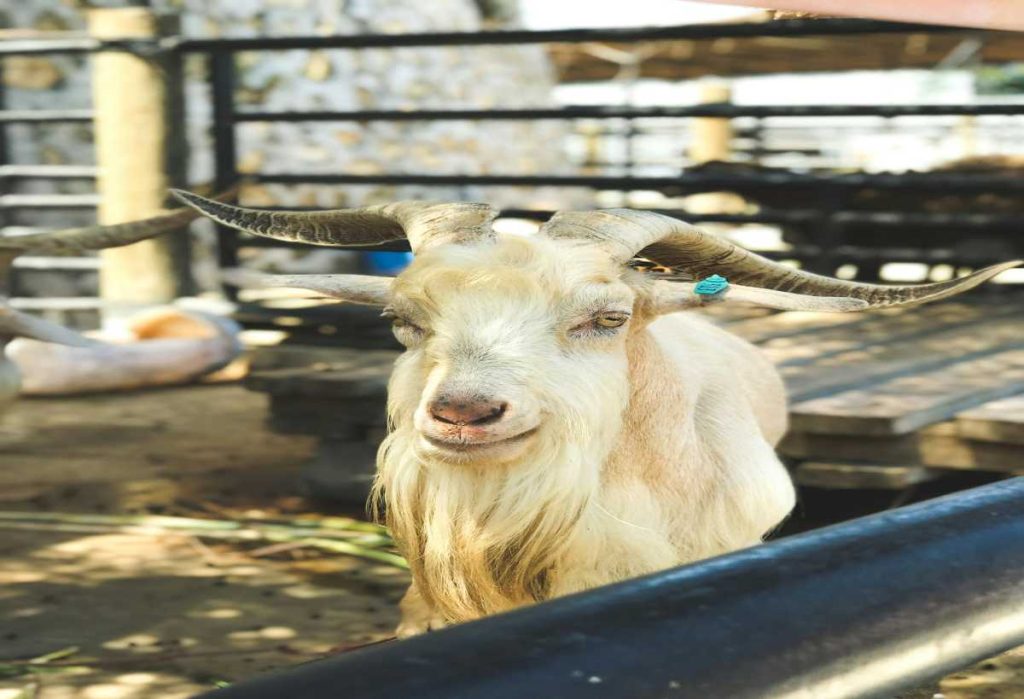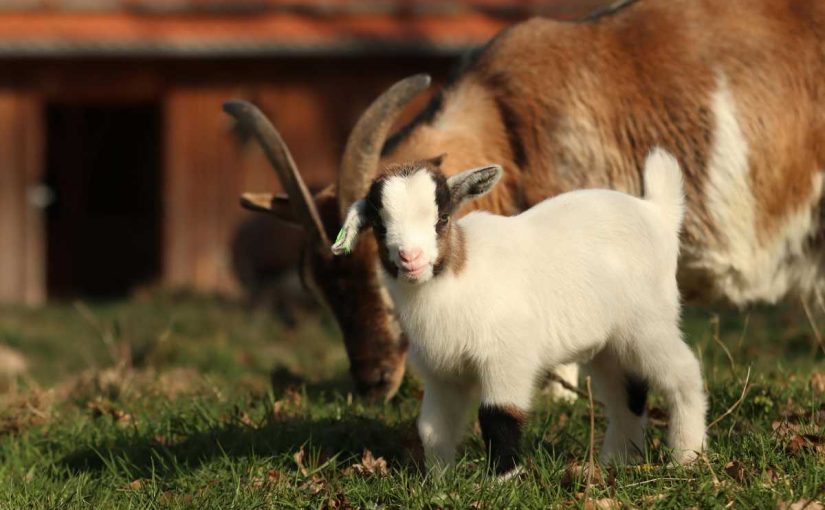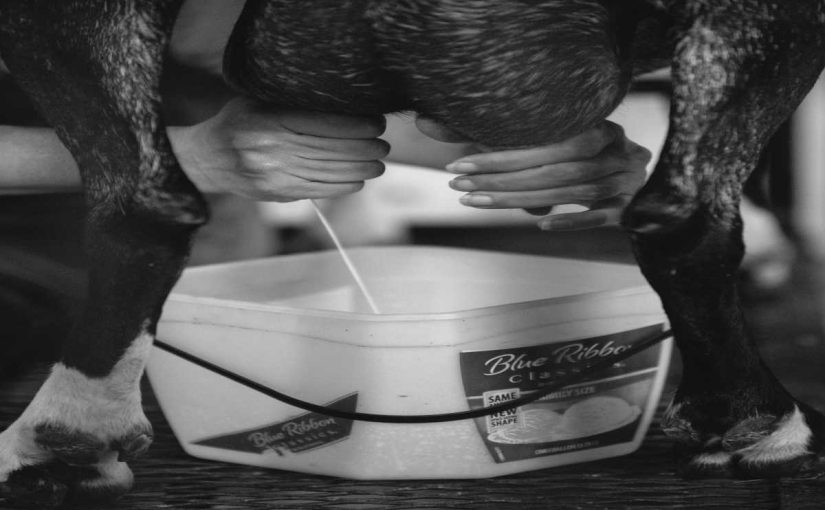Choosing the right herding dog breed can make a world of difference in managing a goat herd. A well-trained herding dog offers not only companionship but also the skills to keep goats safe and in line. With a range of breeds to choose from, each with unique strengths and personalities, finding the perfect dog to fit your needs requires some careful consideration. In this guide, we’ll explore five essential ways to help you choose the perfect herding dog breed to make goat herding efficient and enjoyable.
1. Assess Your Herding Needs and Farm Environment
Each herding breed has strengths that may be more suitable for specific environments or tasks. For example, if your goats have access to large, open grazing areas, you might need a dog with high stamina and agility. If you keep goats in closer quarters, a more focused and calm breed could be the better choice.
Considerations Based on Environment:
- Large, Open Areas: Look for breeds known for stamina, such as Border Collies or Australian Shepherds, which excel in open spaces and can cover a lot of ground.
- Hilly or Rugged Terrain: Breeds like the Australian Cattle Dog are agile and durable, suited to rougher terrain.
- Smaller, Confined Spaces: If your goats are in a small pasture, consider a breed with a calm temperament and controlled energy, such as the Welsh Corgi, which is effective at herding in tight spaces.
Why It Matters:
Matching the dog’s natural abilities to your environment and needs will help you choose a breed that works efficiently and is comfortable in your specific setting.
2. Understand the Breed’s Temperament and Intelligence
Different breeds have varying levels of intelligence, energy, and temperament, which impact their herding style and how they interact with goats. Goats can be sensitive to overly aggressive or intense herding dogs, so a calm, controlled breed may be ideal if your goats are easily spooked.
Top Temperaments for Goat Herding:
- Intelligent and Responsive: Border Collies are highly trainable and can adapt to complex herding commands.
- Calm and Gentle: Breeds like the Great Pyrenees, while not traditional herding dogs, can act as protectors, creating a calm environment for more vulnerable goats.
- Confident and Assertive: Australian Cattle Dogs are known for their confidence and assertiveness, which can be helpful with stubborn or larger goat breeds.
Why It Matters:
Matching the temperament of your herding dog to your goats’ disposition helps foster a harmonious relationship between the dog and herd, reducing stress for both.
3. Consider Training Requirements and Your Experience Level

Some herding dogs require more time and experience to train effectively. If you’re new to working with herding dogs, choosing a breed known for being easily trainable may be ideal. Breeds like Border Collies and Australian Shepherds are quick learners and eager to please, making them suitable for beginners.
Training Considerations by Breed:
- Easy to Train: Border Collies are renowned for their intelligence and quick learning ability. They pick up herding techniques and commands rapidly.
- Moderate Training Requirements: Australian Shepherds require consistent training but are very responsive and tend to bond closely with their handlers.
- High Maintenance: Breeds like the Belgian Malinois are incredibly skilled but require more advanced training, making them more suitable for experienced handlers.
Why It Matters:
Choosing a breed with training requirements that match your experience level ensures that you can effectively train and manage the dog without becoming overwhelmed.
4. Prioritize Health and Longevity
Herding dogs work hard, so it’s important to select a breed known for good health and longevity. Since herding work can be physically demanding, breeds prone to joint issues or other hereditary conditions may not be ideal for long-term herding work.
Health Considerations by Breed:
- Low Health Risks: Breeds like Australian Cattle Dogs and Border Collies generally have few genetic issues and tend to have long lifespans.
- Moderate Health Maintenance: Australian Shepherds are relatively healthy but can be prone to hip dysplasia and eye issues, so regular vet checks are essential.
- Higher Health Risks: Some herding breeds, like German Shepherds, are prone to hip dysplasia and may not be ideal if you’re looking for a low-maintenance dog.
Why It Matters:
Choosing a healthy breed reduces the risk of frequent vet visits, health issues, and potential interruptions to herding work, ensuring your dog can work happily for many years.
5. Evaluate Compatibility with Other Animals
If your farm includes other animals, like chickens, sheep, or horses, you’ll want a herding dog breed that is well-suited to interact peacefully with other livestock. Some breeds have high prey drives, which could cause issues if they aren’t properly socialized or trained.
Top Breeds for Multi-Livestock Compatibility:
- Friendly and Adaptable: Australian Shepherds are known for their friendly nature and can easily adapt to working with various animals.
- Protective but Gentle: Great Pyrenees are excellent with goats and can be a good choice if you need a guardian rather than a traditional herding dog.
- Focused and Trained: Border Collies can be trained to herd multiple species, making them highly versatile for mixed farms.
Why It Matters:
Choosing a breed compatible with other animals on your farm promotes a harmonious environment, allowing the dog to work effectively without disrupting other livestock.
Conclusion
Selecting the perfect herding dog breed for your goat herd requires careful consideration of your specific needs, farm environment, and level of experience. By assessing factors such as breed temperament, training requirements, health, and compatibility with other animals, you can choose a dog that will work efficiently and harmoniously with your herd. A well-chosen herding dog becomes a valuable partner in managing your goats, enhancing both the safety and productivity of your farm.
With these five tips in mind, you’ll be on the path to finding a loyal, hard-working dog that fits your needs perfectly, helping you keep your goats safe, organized, and well-managed.




